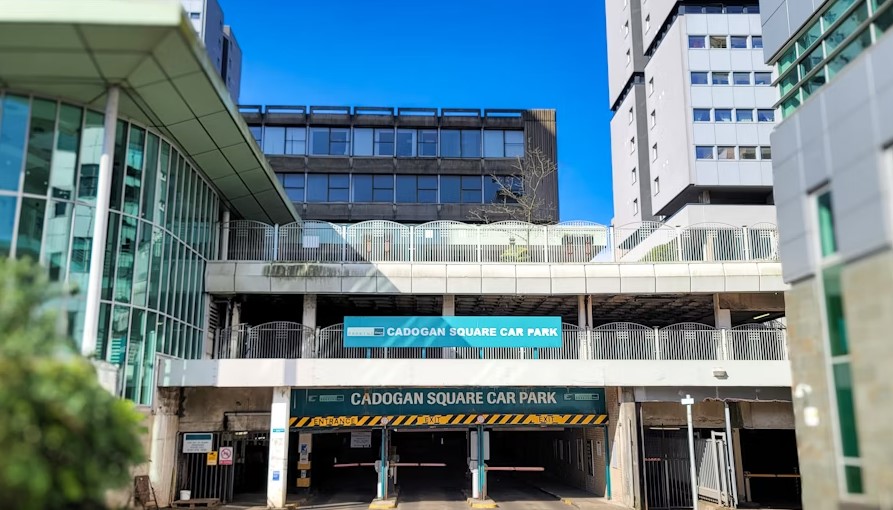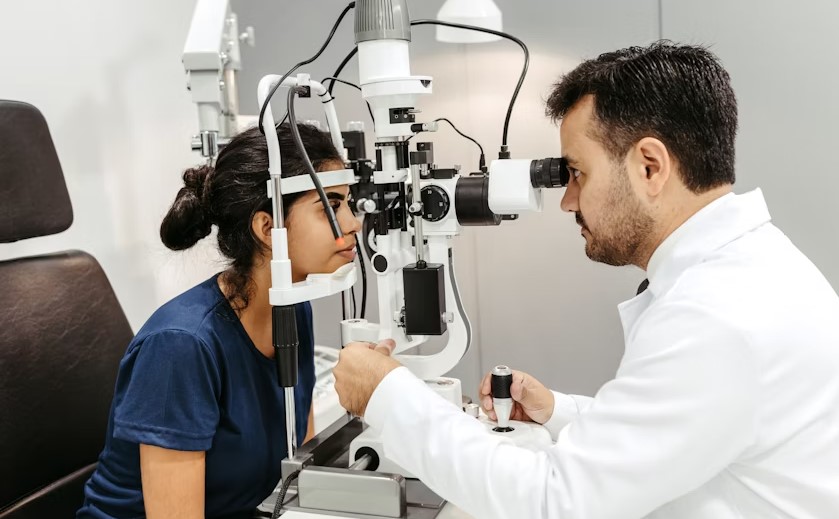Healthcare in the United States is often considered expensive, especially for individuals without comprehensive insurance plans. However, there are hospitals across the country that provide high-quality medical care at more affordable rates.
Whether you’re looking for emergency treatment, surgery, or regular checkups, knowing which hospitals offer budget-friendly care can make a huge difference.
In this article, we’ve compiled a list of the 15 must-know affordable hospitals in the USA based on transparency, cost efficiency, patient satisfaction, and quality of care.
Why Affordable Healthcare Matters?
With the rising costs of healthcare services, many Americans delay or avoid necessary treatment due to financial concerns.
Affordable hospitals help bridge this gap, making healthcare accessible to people from all walks of life. These institutions typically offer sliding scale fees, discounted services, and financial assistance programs.
In many cases, these hospitals also provide top-tier services despite being cost-effective, ensuring that patients receive the care they need without the burden of massive bills.
How We Selected These Hospitals?
The hospitals listed in this article were selected based on a mix of patient reviews, cost transparency tools, government data (such as CMS Hospital Compare), and reputation in affordability-focused healthcare.
Additionally, we considered the availability of financial assistance programs, nonprofit status, and inclusion in national rankings for low-cost quality care.
Here Are The Full Details About 15 Must-Know Affordable Hospitals In USA
1. Mayo Clinic Health System – Albert Lea, Minnesota
While the Mayo Clinic in Rochester is globally renowned, the Albert Lea branch offers more affordable services with access to high standards of care. As a nonprofit facility, they offer excellent primary and specialty services with options for financial aid.
2. Intermountain Medical Center – Murray, Utah
Operated by Intermountain Healthcare, this hospital is known for its commitment to affordability and value-based care. Their Charity Care program supports uninsured or low-income patients with extensive financial assistance.
3. St. Joseph’s Hospital – Buckhannon, West Virginia
This rural hospital offers essential services at a fraction of the cost of larger urban medical centers. With a strong emphasis on patient satisfaction and low-cost healthcare delivery, it serves as a crucial resource for the region.
4. El Centro Regional Medical Center – California
Serving the underserved populations near the Mexico-U.S. border, this hospital provides extensive charity care and focuses on keeping healthcare affordable and accessible to all demographics in its region.
5. Mercy Hospital – Iowa City, Iowa
Mercy Hospital offers transparent pricing and operates as a nonprofit institution. It is known for affordable emergency care and surgical procedures, and it consistently ranks well in patient satisfaction surveys.
6. Ascension St. Vincent’s – Birmingham, Alabama
This Catholic nonprofit hospital offers compassionate care and financial assistance to patients in need. It is part of the larger Ascension network, which emphasizes affordability and healthcare access across its facilities.
7. Maricopa Integrated Health System – Phoenix, Arizona
Now called Valleywise Health, this hospital offers cost-effective care with sliding fee scales and public support. As a teaching hospital, it also offers various clinics with reduced fees.
8. UPMC Mercy – Pittsburgh, Pennsylvania
UPMC Mercy is part of the University of Pittsburgh Medical Center and is well-known for offering free or reduced-price services to those who qualify. Their charity care policy is among the most generous in the state.
9. Denver Health Medical Center – Denver, Colorado
As a public hospital, Denver Health is committed to treating all patients regardless of ability to pay. Their extensive network of neighborhood clinics offers affordable outpatient care to Denver residents.
10. Cook County Health – Chicago, Illinois
One of the largest public health systems in the country, Cook County Health provides essential services to underserved communities and offers care on a sliding scale for uninsured patients.
11. San Francisco General Hospital – California
This hospital is a safety-net provider that delivers excellent care to low-income populations in San Francisco. Their pricing is based on income and family size, ensuring accessibility for all.
12. Harris Health System – Houston, Texas
Serving Harris County, this public healthcare system includes two hospitals and multiple clinics that provide affordable care through income-based programs for those who are uninsured or underinsured.
13. Lincoln Medical & Mental Health Center – Bronx, New York
As part of NYC Health + Hospitals, Lincoln provides affordable care, especially for patients who cannot afford private insurance. The facility is known for its cultural competency and bilingual services.
14. Seattle Children’s Hospital – Seattle, Washington
For families in need of pediatric care, Seattle Children’s offers one of the most generous financial assistance policies. Children from families earning up to 400% of the federal poverty level can receive free or reduced-cost care.
15. OHSU Hospital – Portland, Oregon
Oregon Health & Science University Hospital provides affordable treatment and works with patients to set up payment plans and financial assistance. As an academic hospital, it also offers high-quality care at lower costs through resident clinics.
Tips for Finding Affordable Care
- Use hospital comparison tools such as Medicare Care Compare
- Ask hospitals directly about their charity care or financial assistance programs
- Consider nonprofit hospitals, which are legally required to offer community benefits
- Utilize community clinics for preventative and basic care
FAQs About Must-Know Affordable Hospitals In USA
1. How do I know if a hospital is affordable?
Check if the hospital has a charity care policy, sliding scale payment options, or transparent pricing tools. Government websites like Medicare’s Hospital Compare also help.
2. Are nonprofit hospitals generally more affordable?
Yes, nonprofit hospitals often provide more financial assistance and are required to reinvest earnings into community care programs.
3. Do I need to be uninsured to qualify for financial assistance?
Not always. Many hospitals offer financial aid to both uninsured and underinsured individuals, depending on income and other factors.
4. Can I negotiate hospital bills?
Yes. Patients can often negotiate bills or request a payment plan, especially if they’re uninsured or face financial hardship.
5. How can I apply for hospital financial aid?
Most hospitals have a financial assistance department. You will need to provide proof of income, residency, and sometimes assets.
6. Are public hospitals better for affordability?
Typically yes. Public hospitals often have more robust financial assistance programs and are more accessible to low-income individuals.
7. What is a sliding fee scale?
A sliding fee scale adjusts healthcare costs based on your ability to pay, typically linked to income and household size.
8. Are affordable hospitals low in quality?
Not necessarily. Many affordable hospitals maintain high standards of care and are accredited by major healthcare organizations.
9. Does insurance always cover everything?
No. Even with insurance, out-of-pocket costs can be high. Affordable hospitals help reduce these extra costs.
10. Can I visit an affordable hospital in another state?
Yes, but it’s best to check their policies on non-resident treatment and financial aid eligibility before visiting.
Conclusion
Access to affordable healthcare is crucial in ensuring everyone can get the medical attention they need without facing overwhelming debt. The hospitals listed above demonstrate that affordability does not have to compromise quality.
Whether you’re uninsured, underinsured, or simply looking to cut down on medical expenses, these 15 hospitals provide excellent starting points for accessible and compassionate care.
As always, do your own research, contact hospitals directly, and take full advantage of assistance programs where available.



